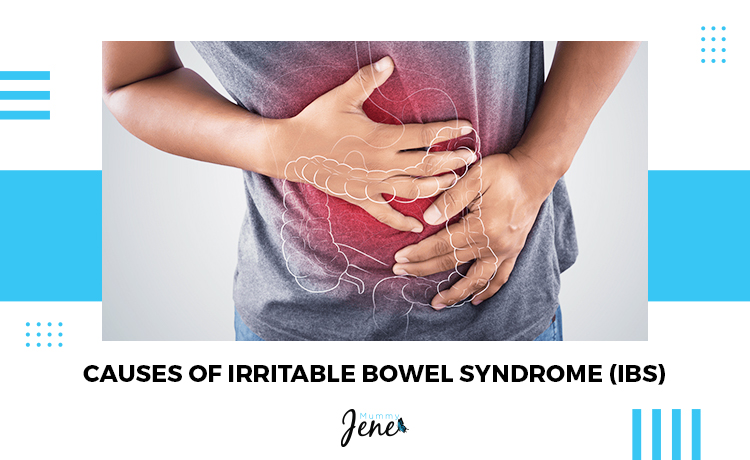Aside from Irritable bowel syndrome, IBS is also known or defined as irritable colon, spastic colitis, spastic colon, or mucous colitis. This condition is not related to inflammatory bowel disease, and its symptoms vary in severity and duration. Irritable Bowel Syndrome (IBS) is usually characterized by altered bowel habits and recurring abdominal pain. Though IBS is not a severe illness, its occurrence can hugely annoy and affect your daily life negatively since it can last for three months.
What Causes Irritable Bowel Syndrome (IBS)?
The causes of IBS are still unknown now. But medical studies said that it is possible an overly sensitive colon and a weak immune system can trigger this condition. IBS is characterized by different symptoms depending upon its type in which part of the intestines it occurs. And since the causes are still hard to pinpoint, let me enumerate the proven triggers of IBS.
- Stress – since the operation of our digestive system is mainly controlled by our nervous system. Stress affects our nerves which results in an overactive digestive system. Have you experienced or noticed when you are stressed about something or anxious, your digestive system also rumbles? Now you know why.
- Infection – though it is not a common cause, there is a 25% possibility that infection and inflammation in your digestive system can trigger IBS, and it occurs after the virus or eliminates bacteria.
- According to a survey and some studies, food intolerance, processed foods containing sugars and lactose, sorbitol, and fructose sometimes trigger IBS.
- Diet – in some cases, your choice of food can sometimes trigger IBS. If a diet plan mainly involves low fiber foods, you will likely have constipation which will sometimes lead to IBS.
- Hormones – based on research, more women will likely experience IBS than men, especially during their menstrual period.
- Medications – drugs like antibiotics and painkillers have a side effect of diarrhea and constipation, which later triggers IBS.
Final Words
To manage Irritable Bowel Syndrome, you should take note of which food triggers this condition. It would help if you recognized the triggers because, as mentioned earlier in this article, the causes are unknown. Avoiding the triggers and managing your stress and anxiety can prevent IBS.








